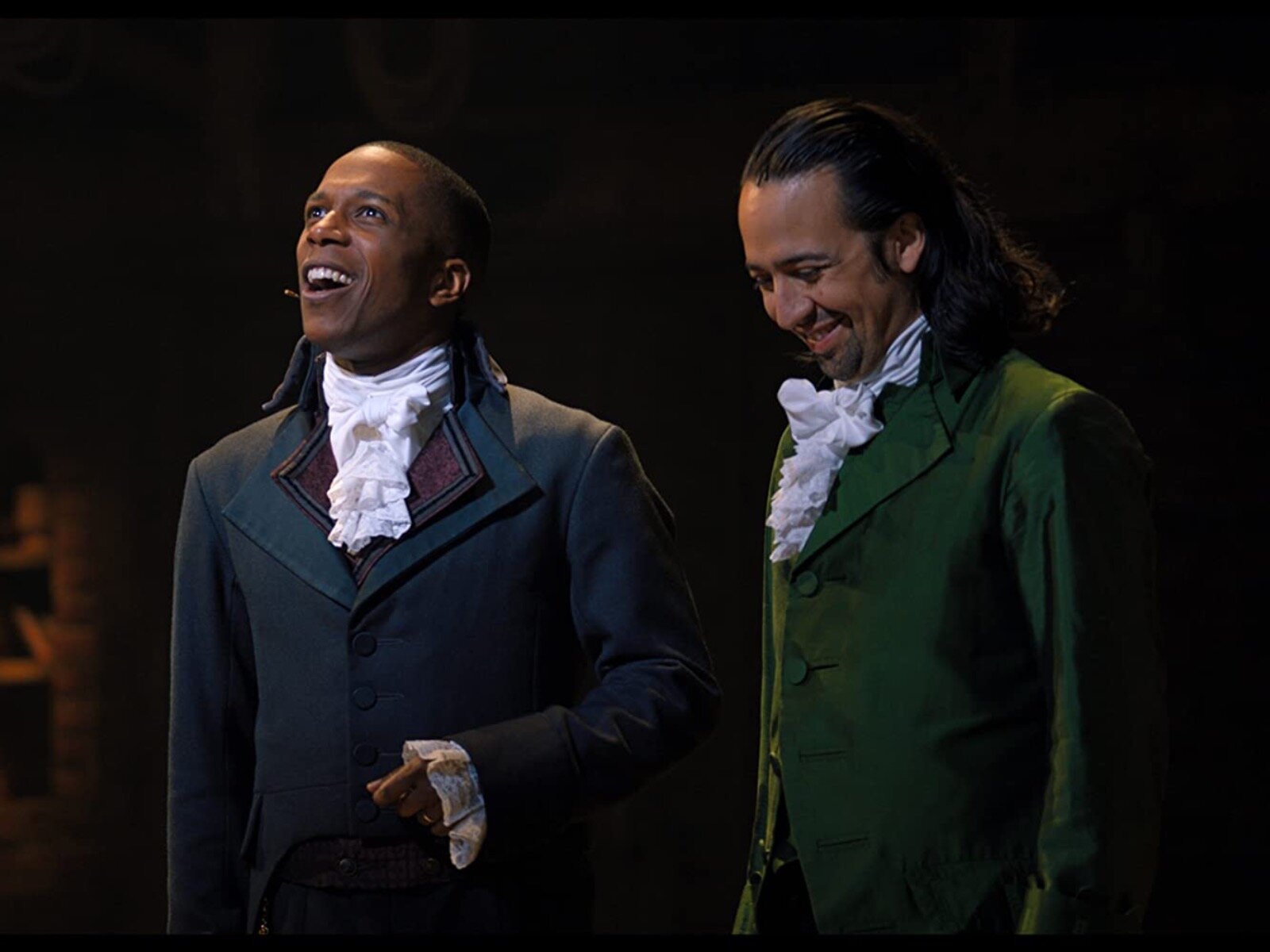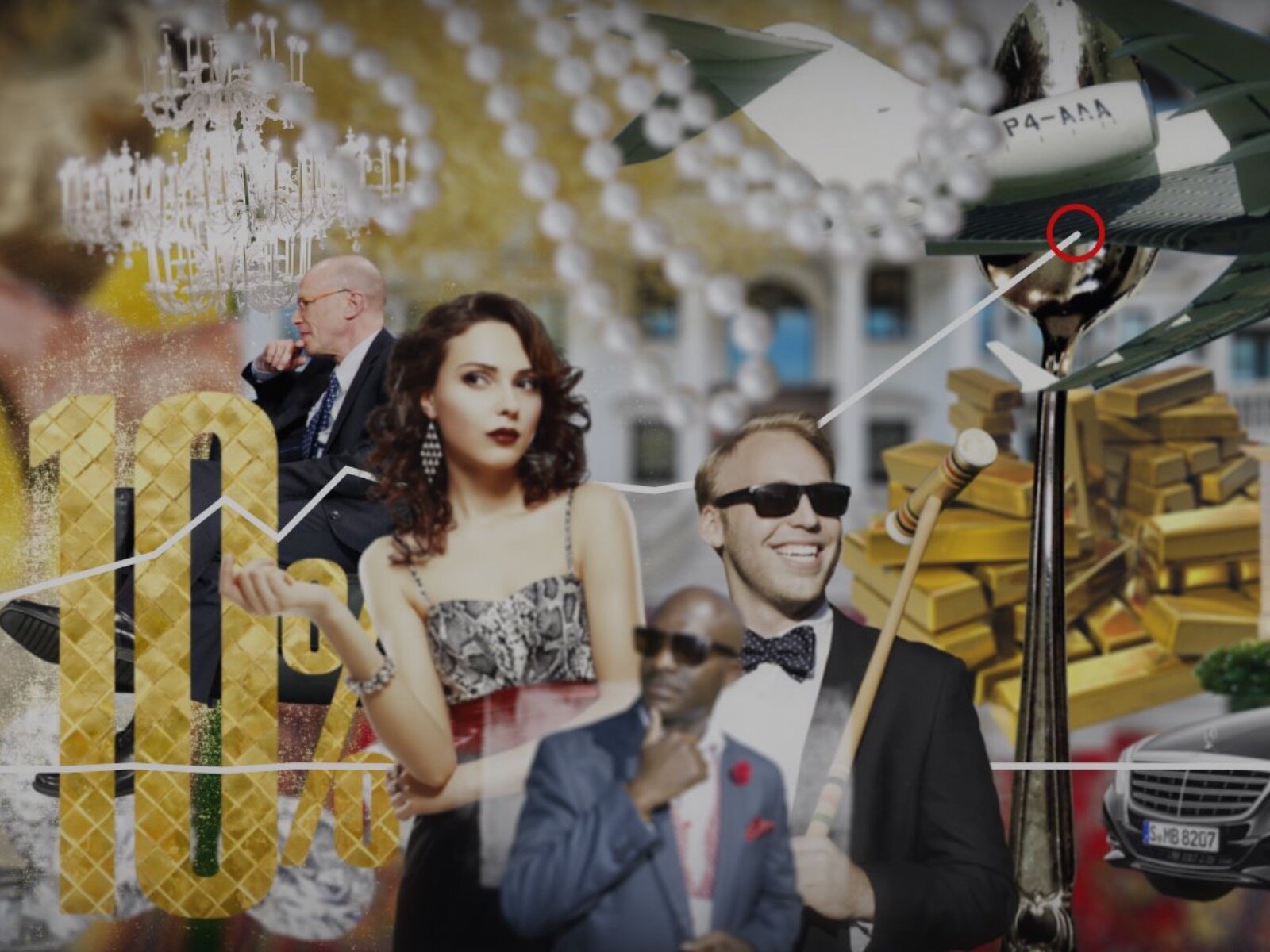Well, it took director Quentin Tarantino 20 years, but he finally got his Western ... kinda.
Although it's fair to say he's been preparing his entire career with his raucously bloody shoot-'em-ups, Tarantino's time warming up has been well spent if "Django Unchained" is the final result. The antebellum revenge tale pits freed slave Django (Jamie Foxx) and eccentric German bounty hunter Dr. King Schultz (Christoph Waltz) against sinister plantation owner Calvin Candie (Leonardo DiCaprio) in a battle to rescue Django's captive wife, Broomhilda (Kerry Washington).
Because he just can't help himself, Tarantino hasn't just taken a good ol' Western showdown and dropped it onto a plantation; he's used a classic German folk tale to frame it (hence Broomhilda, the damsel in distress). The tale is actually explained in the film, but the metaphor fuels "Django" loosely from beginning to end. I say "loosely," because, well, there's just no cramping Tarantino's distinctive style.
There's no mistaking "Django" for anything but a Tarantino flick. It's evident from the very first notes of the part spaghetti Western, part Blacksploitation introduction, complete with exposition-laden song lyrics and his perpetual soft spot for grindhouse cinema. It's Quent-sploitation at its finest, which is enough to isolate a solid portion of the average movie-going audience. Tarantino has carved out a niche of trademark in-your-face satire and over-the-top action, and "Django" is fraught with it. But, while it's easy to understand how that isn't everyone's cup of tea, there's more to this movie than meets the intro.
Naturally, the cast is on the top of the "awesome" list. Waltz, returning to Tarantino's direction after his award-winning turn as the cheerfully sadistic Col. Hans Landa in "Inglourious Basterds," is appropriately fantastic taking up the "good guy" torch as Django's mentor. He almost hits good overload, but then you snap back to reality and think, "Nahhh."
In fact, a lot of what keeps him in check is Foxx's strong, stoic lead performance. His Django brings a quiet dignity not just to the overtly racist circumstances, but the atmosphere of the film as a whole. When Foxx is on screen it almost feels like he's moving in slow motion amidst a flurry of bullets, blood and fevered tempers – and that's often the case. Still, it's always Django that draws the attention, which makes his fast-and-furious vengeance and quick-draw gunplay all the more mesmerizing.
On the other side of the Mason-Dixon Line, so to speak, is the almost-as-commanding duo of Leonardo DiCaprio and Samuel L. Jackson. Their screen time is limited, but their ornate French plantation, known as Candieland, looms over the action like the foreboding German castle it's meant to emulate. DiCaprio positively wallows in the molasses-thick evil that is Candie, and Jackson exhibits his own flair for the sinister with his smartmouthed, urbane caricature of an updated Uncle Tom. My only complaint is that more of the movie's sprawling 165 minutes wasn't allotted to these engagingly foul bastards.
Still, I can see why it wasn't. There's way too much killing to do. Tarantino's bullets fly faster than his punchlines (and occasionally as his punchlines) as "Django" gleefully racks up the carnage. Despite eagerly embracing his notoriously glib take on squirm-inducing violence, however, Tarantino makes it a point to highlight the brutality of the slavery that saturates his film's universe.
A variety of juxtapositions (idyllic girls dressed in flowing pastel skirts swinging from willow trees just feet away from a whipping, slaves engaging in a hand-to-hand fight to the death as entertainment within the opulence of Candie's francophilic sitting room) serve to differentiate the savagery of the times from his characteristically mundane bloodshed.
It's an important distinction, especially considering how raw the subject is. The gratuitous use of the ominous "n word" by almost all parties involved doesn't help matters much, either. The nice thing about "Django," however, is that when there are offensive airs, they're heavy. They follow Candie around like a bayou fog, for one, but the most delicious example of hater hating is the extended (and hilarious) interlude of bumbling KKKers attempting a raid on Schultz and Django. It's late enough in the movie to not make a joke of the entire work, but early enough to set a precedent that while "Django" deals in some heavy sh*t, there's still some fun to be had – at all the right people's expense.
Let's be honest, though: If you bought a ticket to see "Django Unchained" and got offended, well, you asked for it, and you need to lighten up. The action, the music, the characters – even the camera angles – are used to maximum effect to generate an all-out spectacle that never misses an opportunity to revel in bombast. It couldn't even settle on which explosive ending it wanted, so there's two. (Two, for God's sake!) The only thing conventional about "Django Unchained" is how well it fits Tarantino's style. He's not just in his element – "Django" IS his element.
Contrary to her natural state of being, Renee Lorenz is a total optimist when it comes to Milwaukee. Since beginning her career with OnMilwaukee.com, her occasional forays into the awesomeness that is the Brew City have turned into an overwhelming desire to discover anything and everything that's new, fun or just ... "different."
Expect her random musings to cover both the new and "new-to-her" aspects of Miltown goings-on, in addition to periodically straying completely off-topic, which usually manifests itself in the form of an obscure movie reference.







